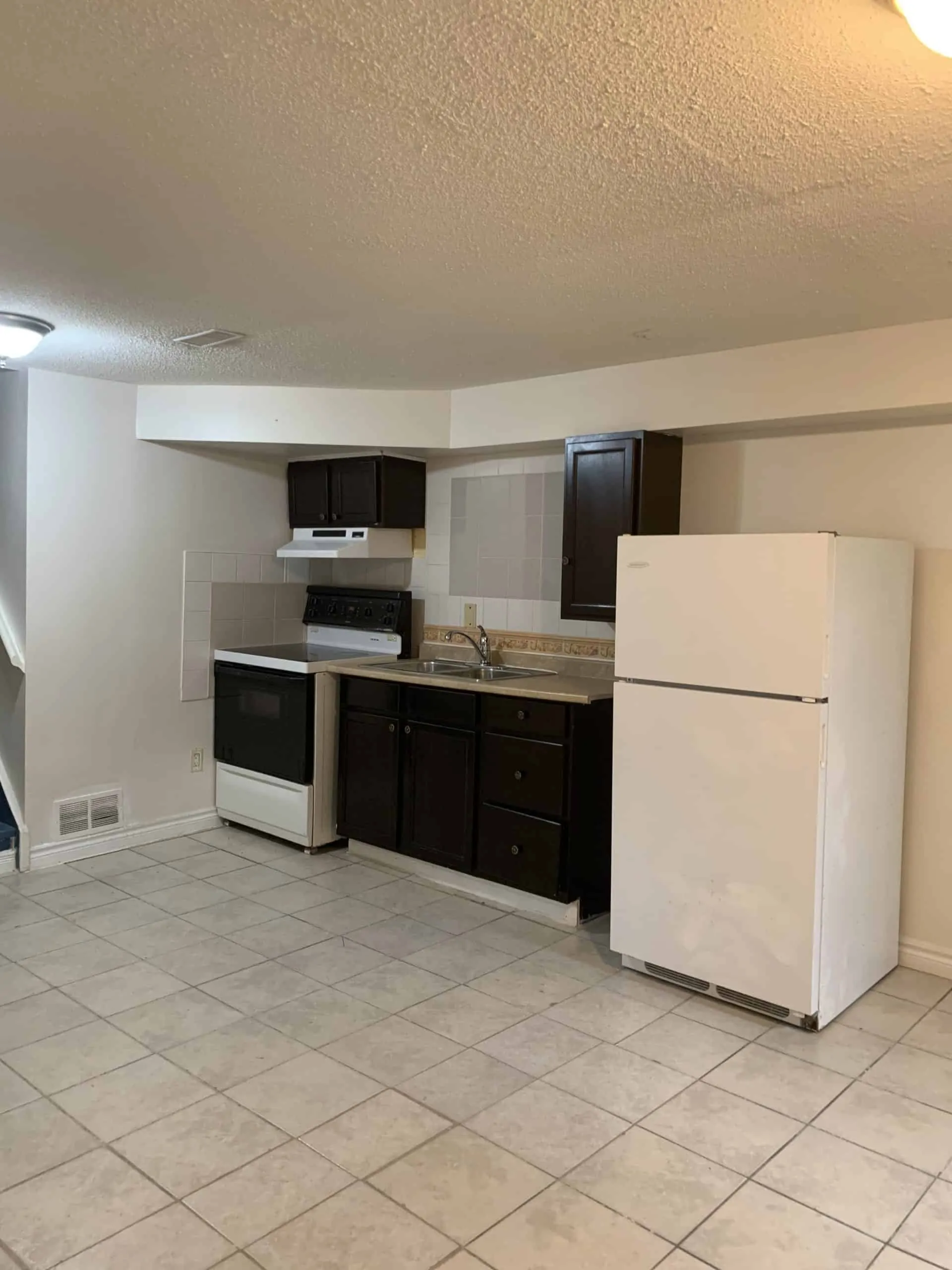It is unfortunate, but one duty of landlords is to deal with tenant problems. From messy rental units to unpaid rent, there is a lot of frustrating situations that landlords encounter. Dealing with tenant problems successfully will your residential real estate business more successful, there are times you will be forced to evict tenant in Ontario.
Reasons to evict tenant in Ontario
The Residential Tenancies Act highlights the reasons and guidelines to be followed to legally evict tenant in Ontario. Its provisions include legitimate reasons for tenant eviction, steps to be followed, and the tenant rights during the eviction.
Before you file an eviction application or start the tenant eviction process, you must understand the law to avoid mistakes that could result in costly lawsuits. You must ensure the eviction reason is in line with the current Residential Tenancies Act. Here are the top reasons to evict tenant in Ontario.
- The tenant is always late paying their rent
- The tenant owes rent
- The tenant is conducting illegal activities on the rental unit
- The tenant caused damage or serious issues for other tenants or the property owner
- The landlord intends to tear down the property or repurpose it
This list isn’t exhaustive of the reasons you (the landlord), may want to evict tenants. You may also want to learn how to evict a bad tenant in Ontario, particularly if they break any of the important clauses laid forth in a rental contract.
Tenant rights during the eviction
If you plan to evict a tenant, keep in mind that the Residential Tenancies Act usually provides tenants with specific rights. The eviction shouldn’t be in bad faith. For example, if you are evicting the tenant because you plan to repurpose the rental unit, you should do that. The same applies if the main reason for tenant eviction is scheduled rental unit repairs.
In addition to having honest intentions, you should compensate the tenant for the inconveniences caused. According to the law, this compensation must be equal to a one month rent. If the tenant was evicted for property repairs, you should give them an option to return to the property once repairs are completed.
The tenant eviction process

The tenant eviction process in Ontario can be quite complicated. Here are important steps you must follow if you plan to evict tenant in Ontario.
Step 1: Define the reason for tenant eviction
As mentioned earlier, you must have a legal reason to evict tenants. Whatever that reason is, you must have sufficient proof of it being a problem for you as the rental property owner or landlord. You may be required to bring that information to the authorities for a legal tenant eviction in Ontario.
Step 2: Give the tenant a written notice
The tenant eviction process in Ontario starts with a tenant eviction notice. This notice, among other things, informs the tenant of the main reason they are being evicted and by when they must move out. Here are some of the eviction notices you can serve your tenant.
- If the client owes rent, you must serve him or her 14 days’ notice.
- For careless or negligent rental property damage, you can the tenant a 20 days’ notice.
- In case the tenant is engaging in various illegal activities in the rental property, you can give them a 10 days’ notice.
- If you want to use the property (move-in), you should serve the tenant 60 days, notice.
- If you plan to tear down the rental units, you must serve the tenants a 120 days’ eviction notice.
These notices can be curable or not curable. A curable eviction notice is one that allows the tenant to address their mistakes. For instance, if the tenant has not paid their rent, they can pay the due and stop further eviction proceedings.
Step 3: Take the case to the board
Suppose the tenant doesn’t move out within the specified period or failed to correct the problem mentioned in the notice of eviction. It’s time for you to take the case to the Landlord and Tenant Board. Note that the board manages most tenant and landlord relationship issues, so it’s within them that you may want to file for eviction.
You must file a tenant eviction application with the board, explaining the primary reason for eviction, want you need to be done, and any other important detail. The board will review the application details and schedule a hearing.
Step 4: The hearing
You should attend the hearing fully prepared with detailed information about the tenant eviction application. Gather sufficient evidence of the specific issue you have, how you tried getting it resolved, and the written eviction notice you issued to your tenant.
During the hearing, there may be back and forth conversations. Eventually, the overseeing board member will make a decision. In case the tenant being evicted doesn’t show up, it’s likely the board will rule in your favor.
Step 5: Results
Based on your primary reason to evict tenant in Ontario, the board may offer a variety of solutions. These include;
- The board can approve your tenant eviction request
- It can request you and your tenant to create a rent payment plan and allow the tenant to continue living in your property
- Set up an order for the landlord to get paid for the damages
- Address communication issues between you and your tenant
Depending on the specific results of the hearing process, the entire process to evict tenant in Ontario is nearly complete.
Step 6: Eviction
Once the board approves your eviction request, you’ll need a sheriff to legally evict the tenant, remove their belongings, and change the locks to your rental property. Remember, you can’t evict tenant in Ontario yourself or hire a private company to do so.
Tenant evictions can be complicated
Evicting a problematic tenant can be a challenging process. However, working through each step carefully can help regain control of your rental units. How to evict tenant in Ontario is a clear process, thanks to the Landlord and Tenant Board’s clear guidelines. An experienced property manager can also help you learn more about how to evict tenant in Ontario.








